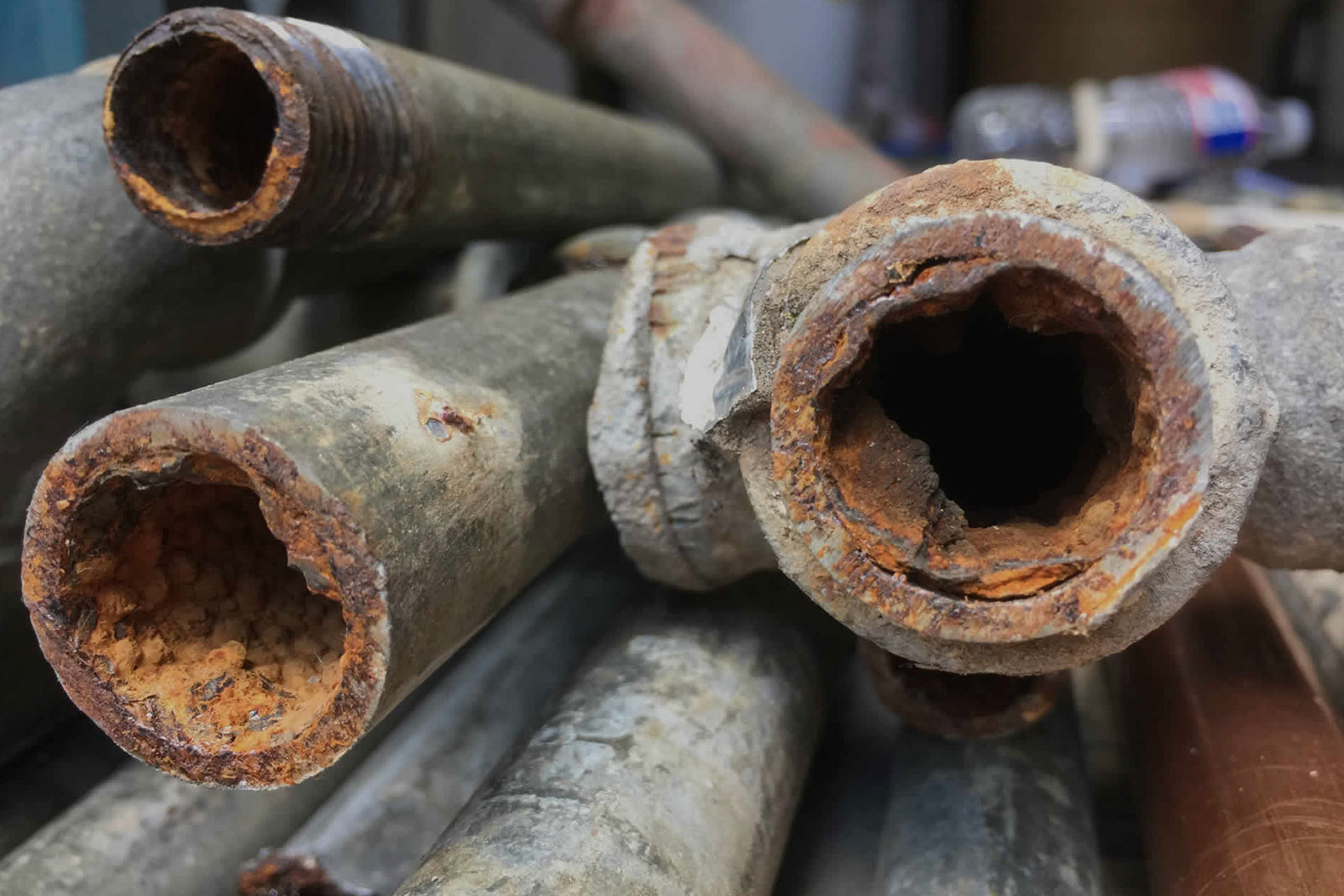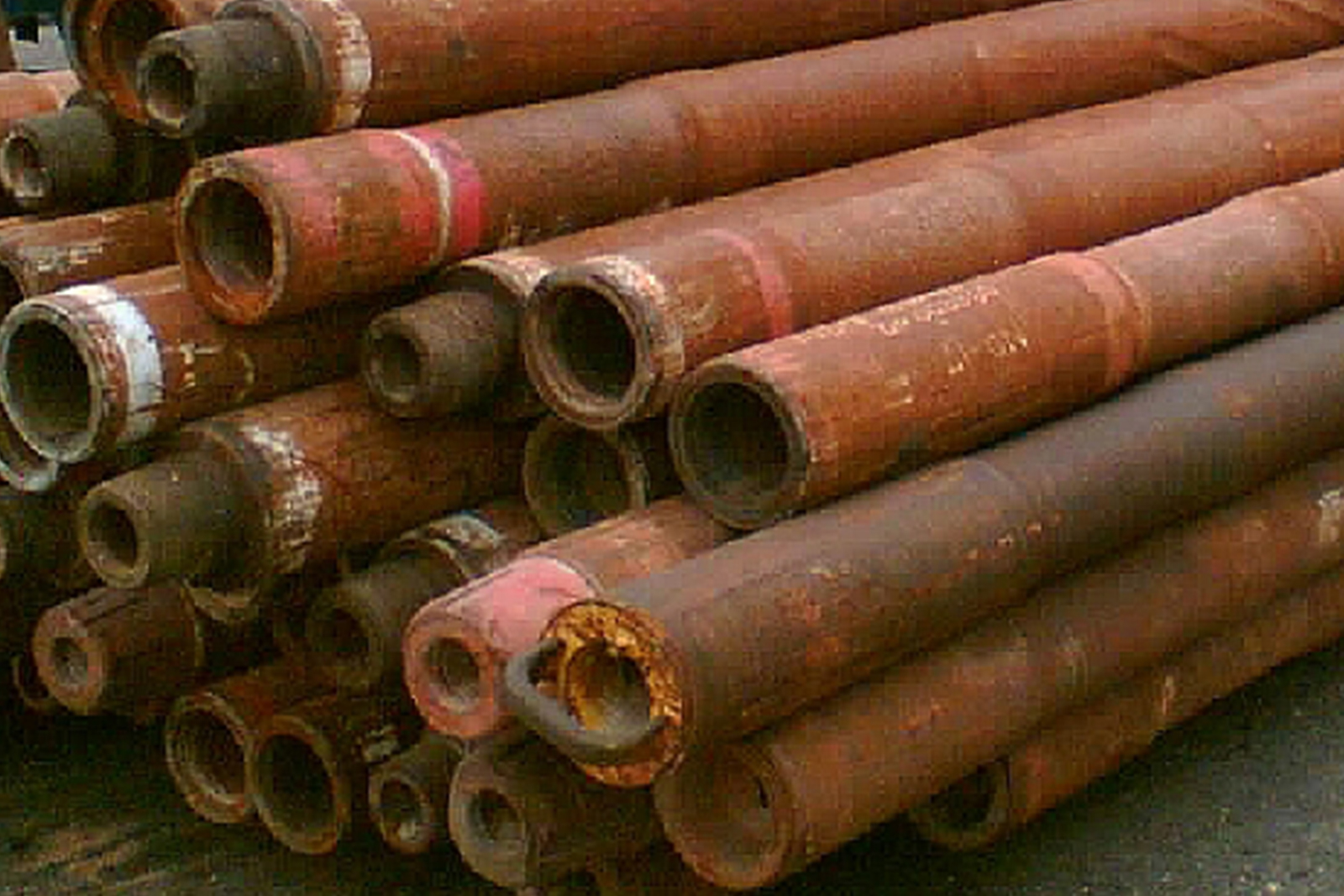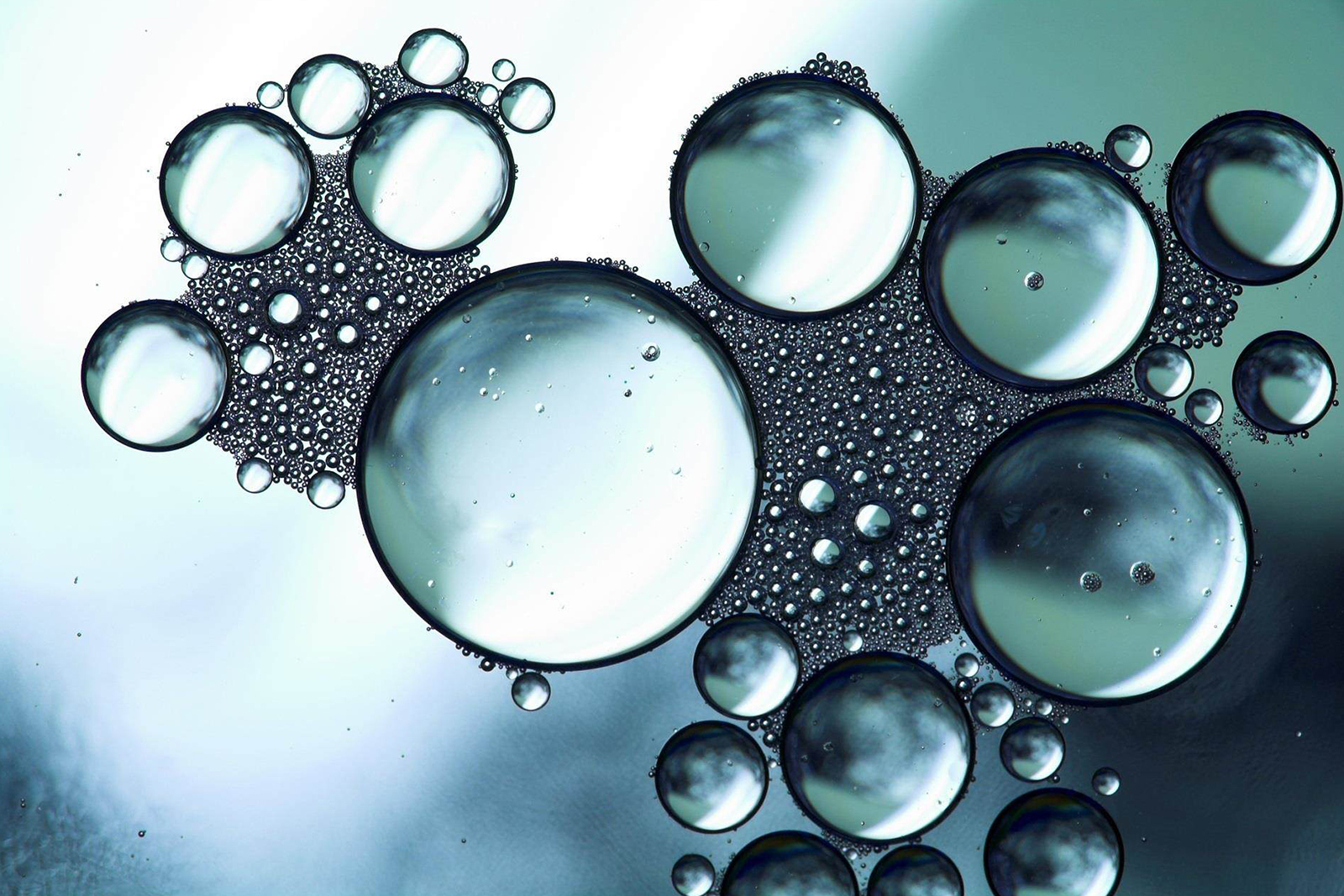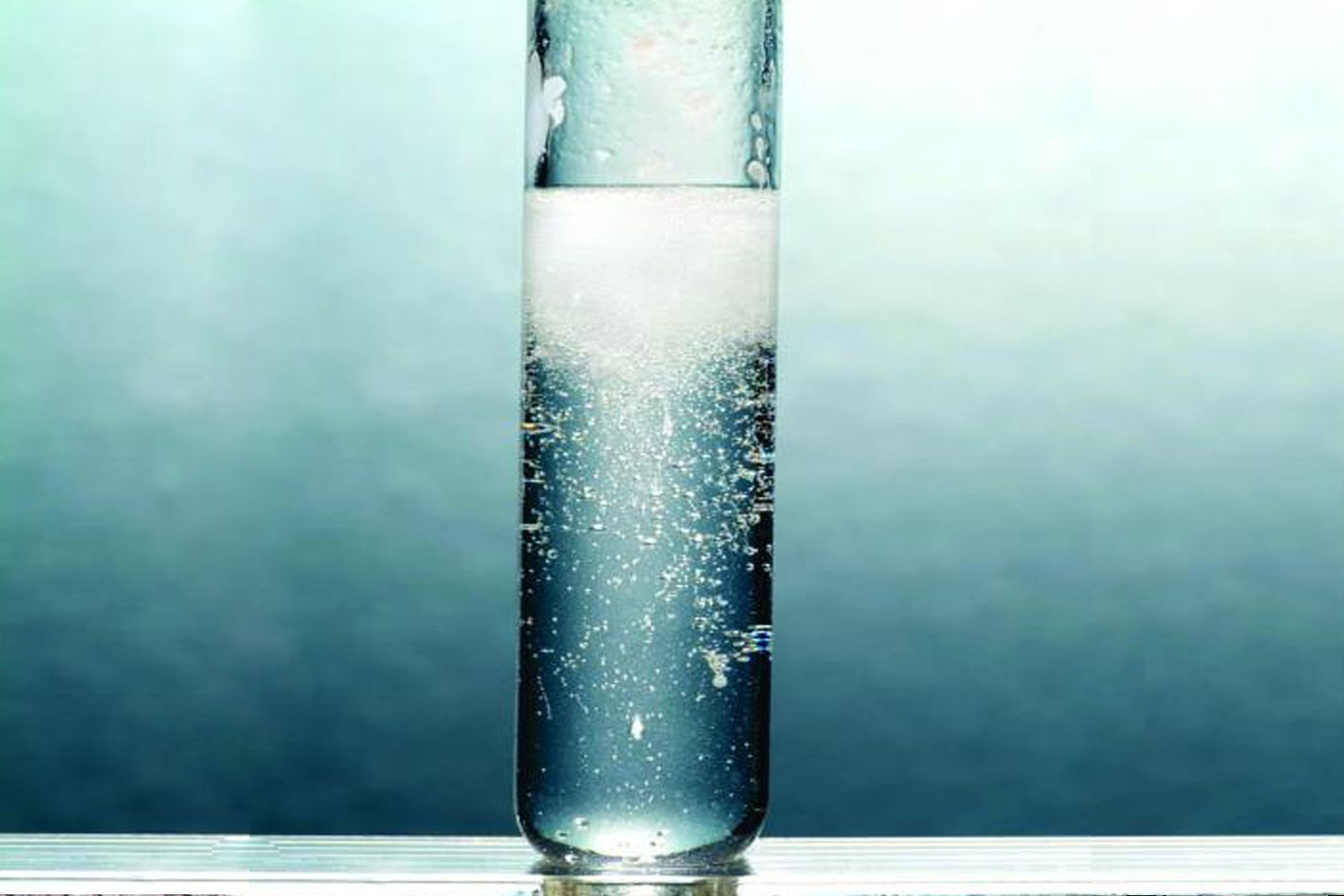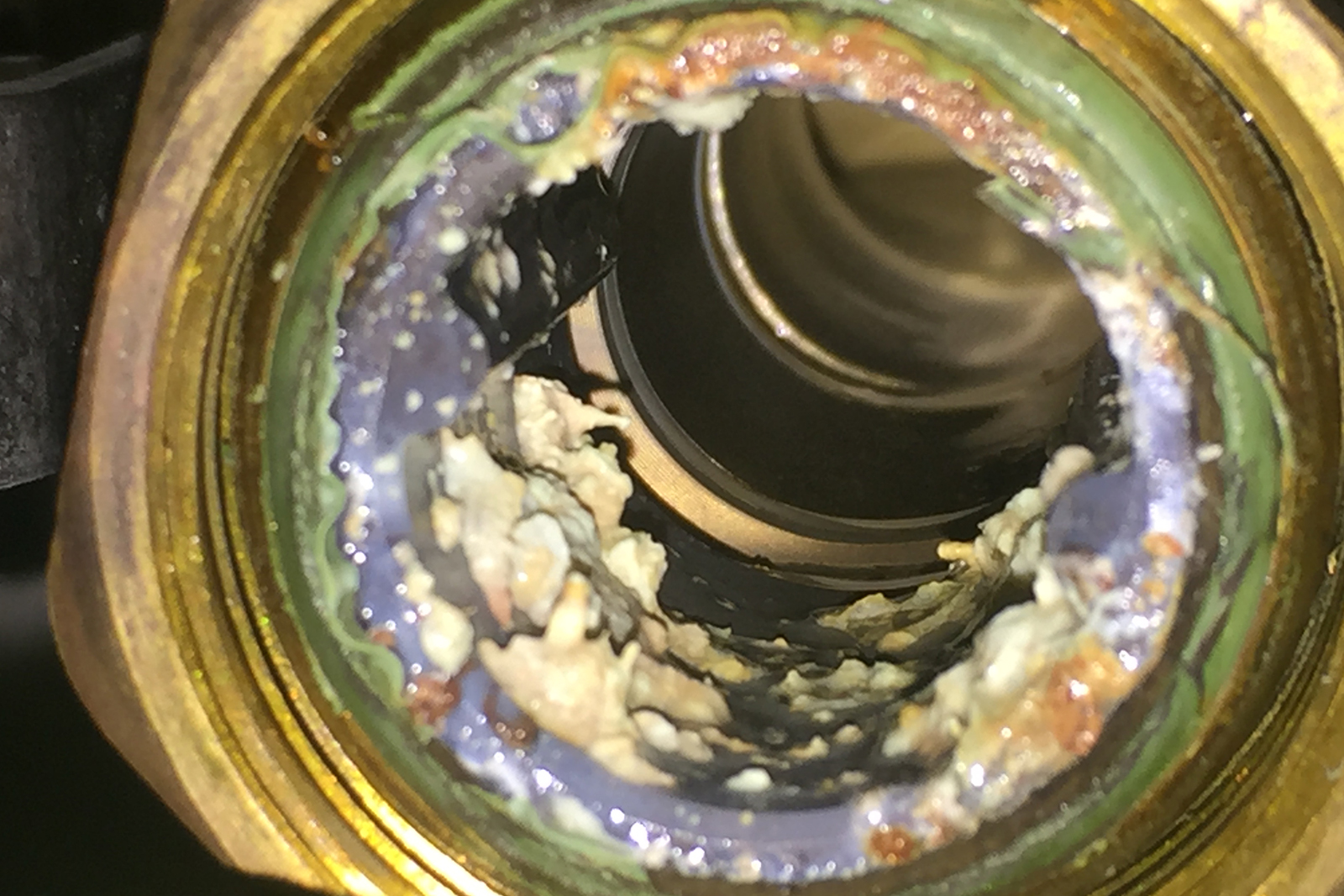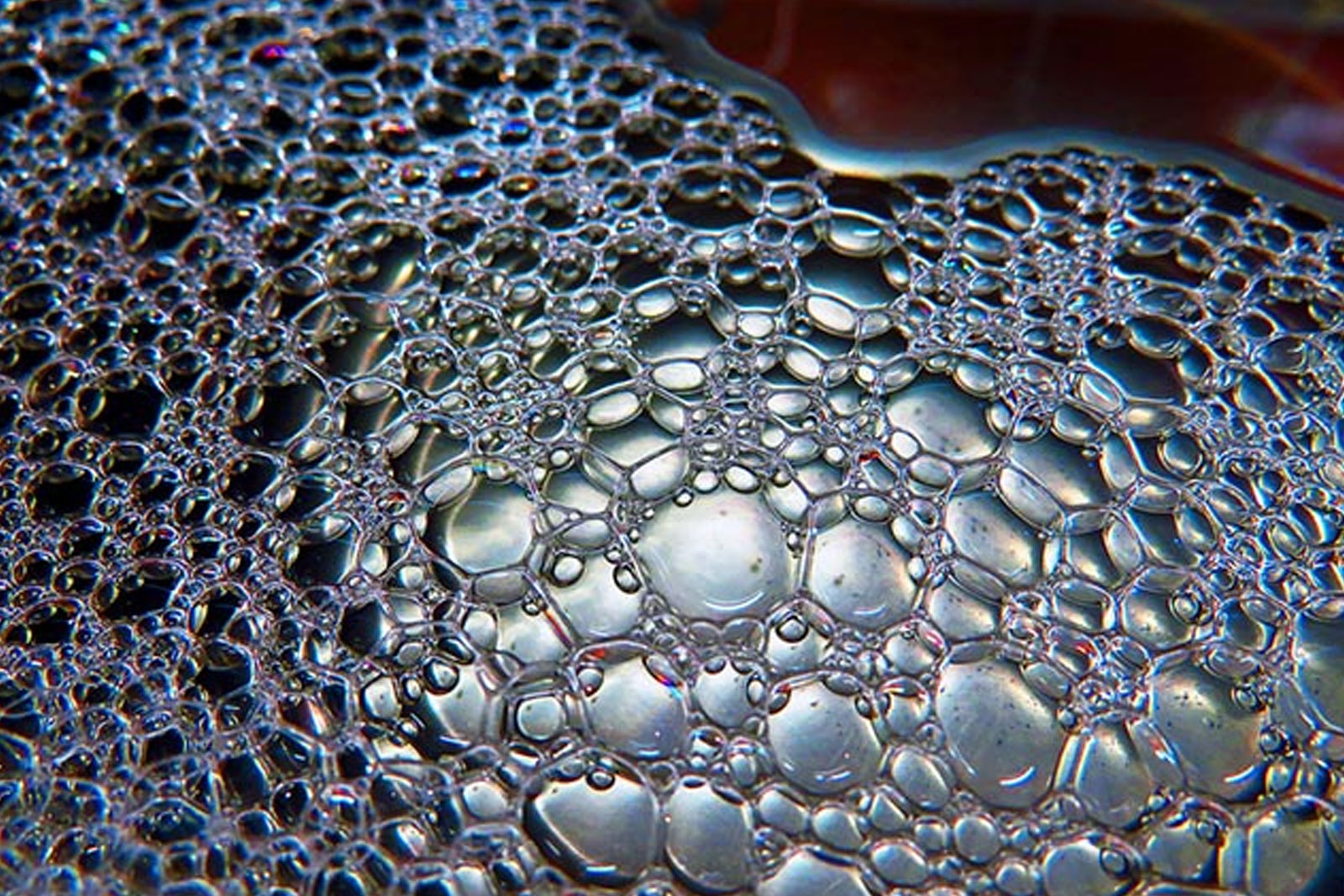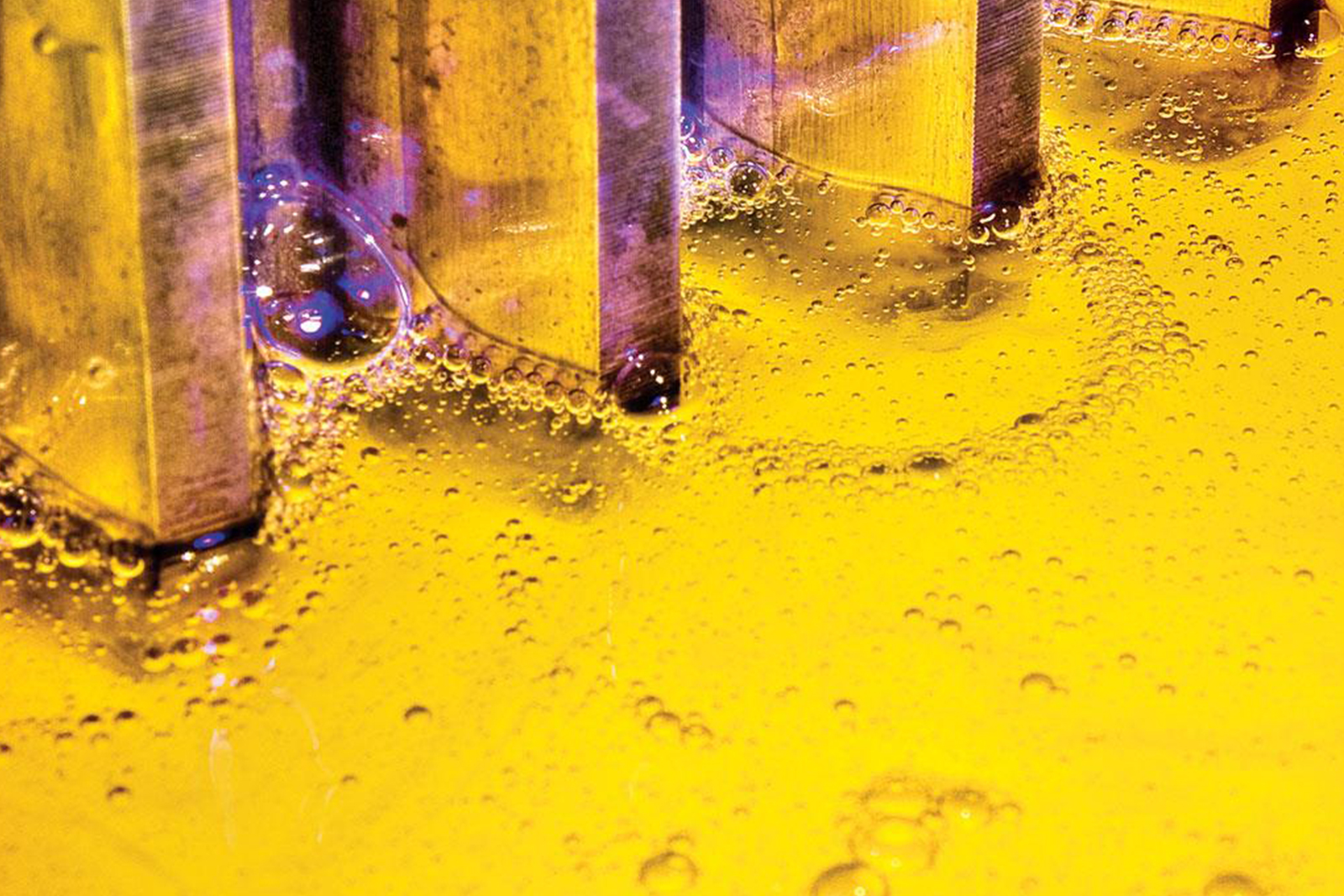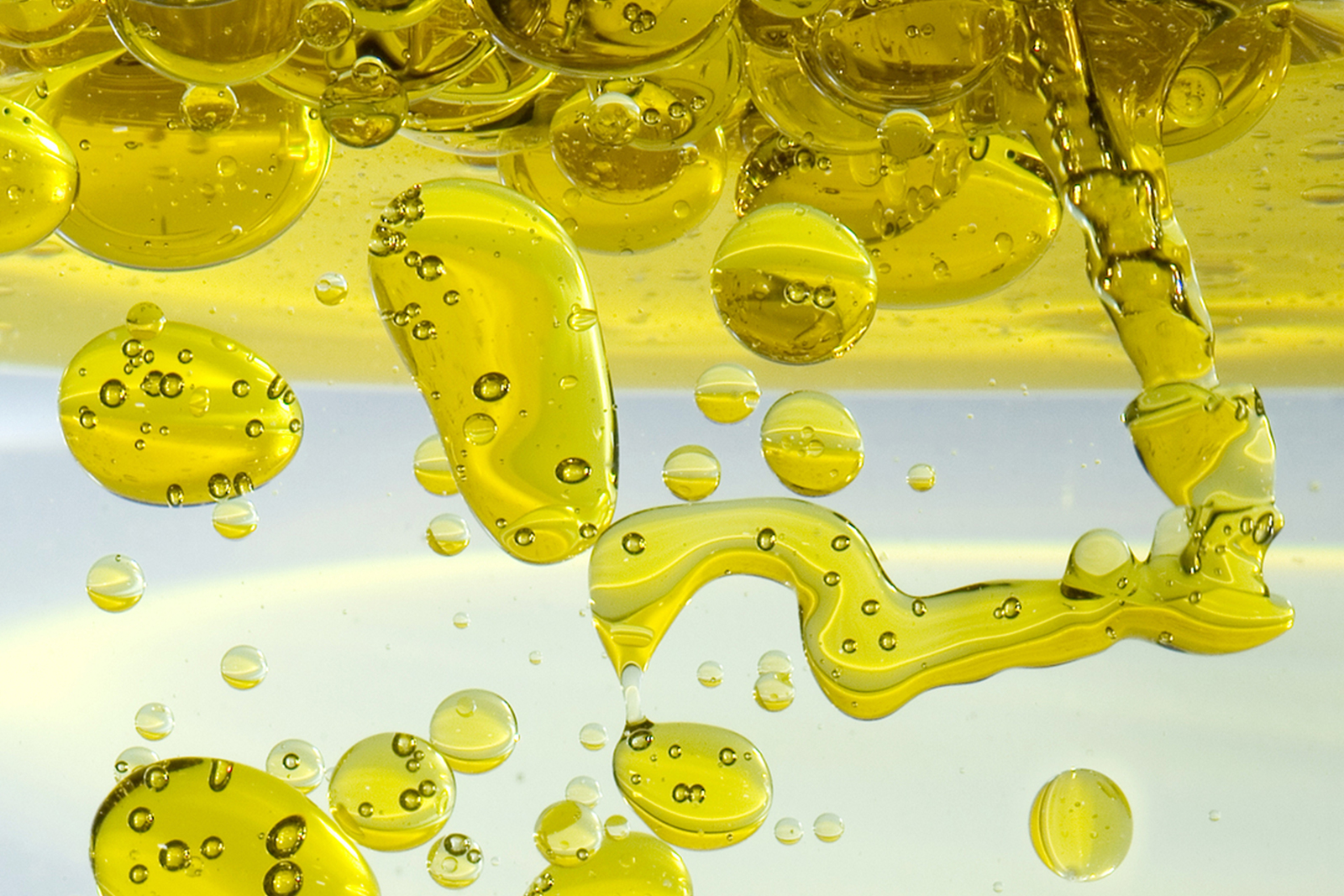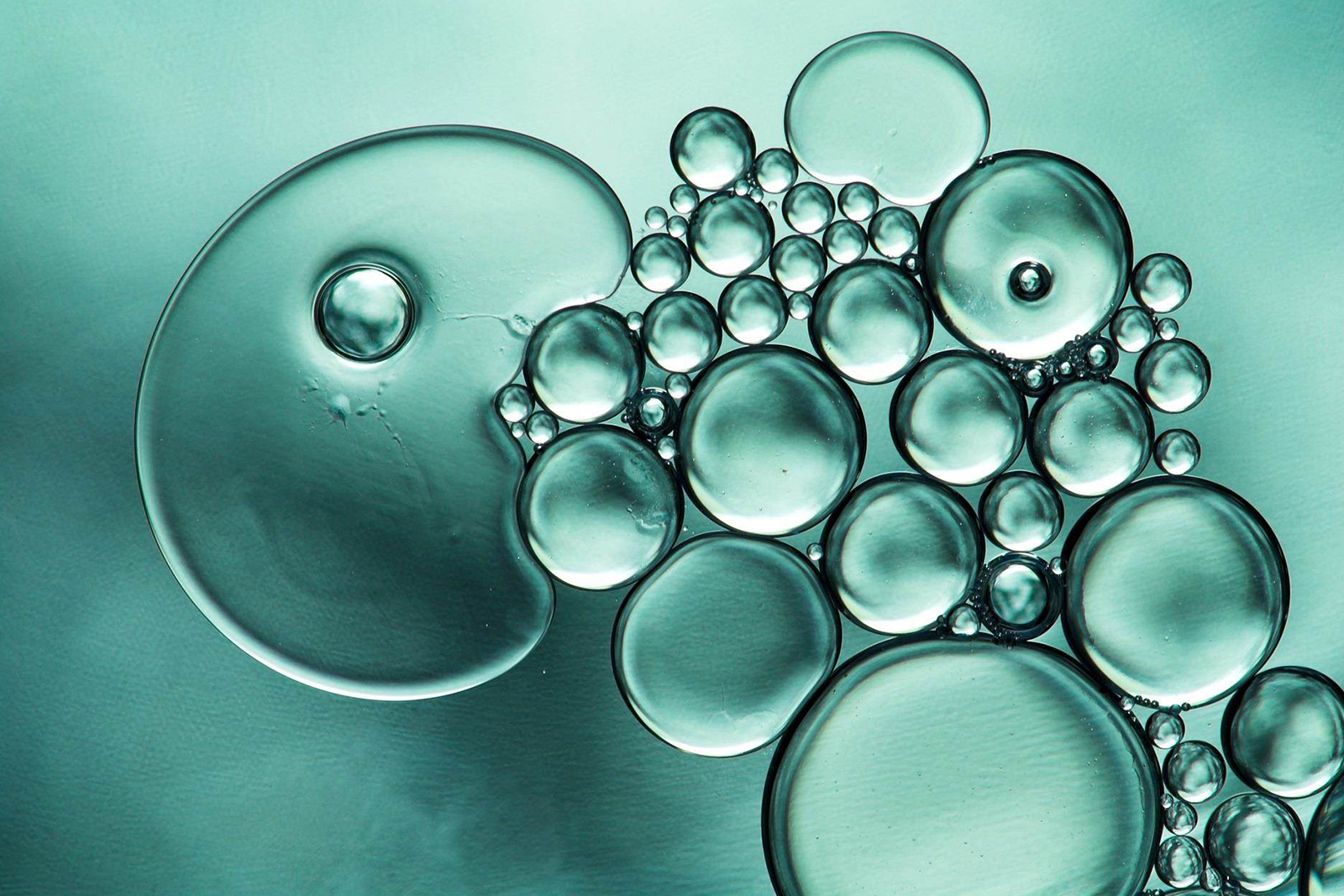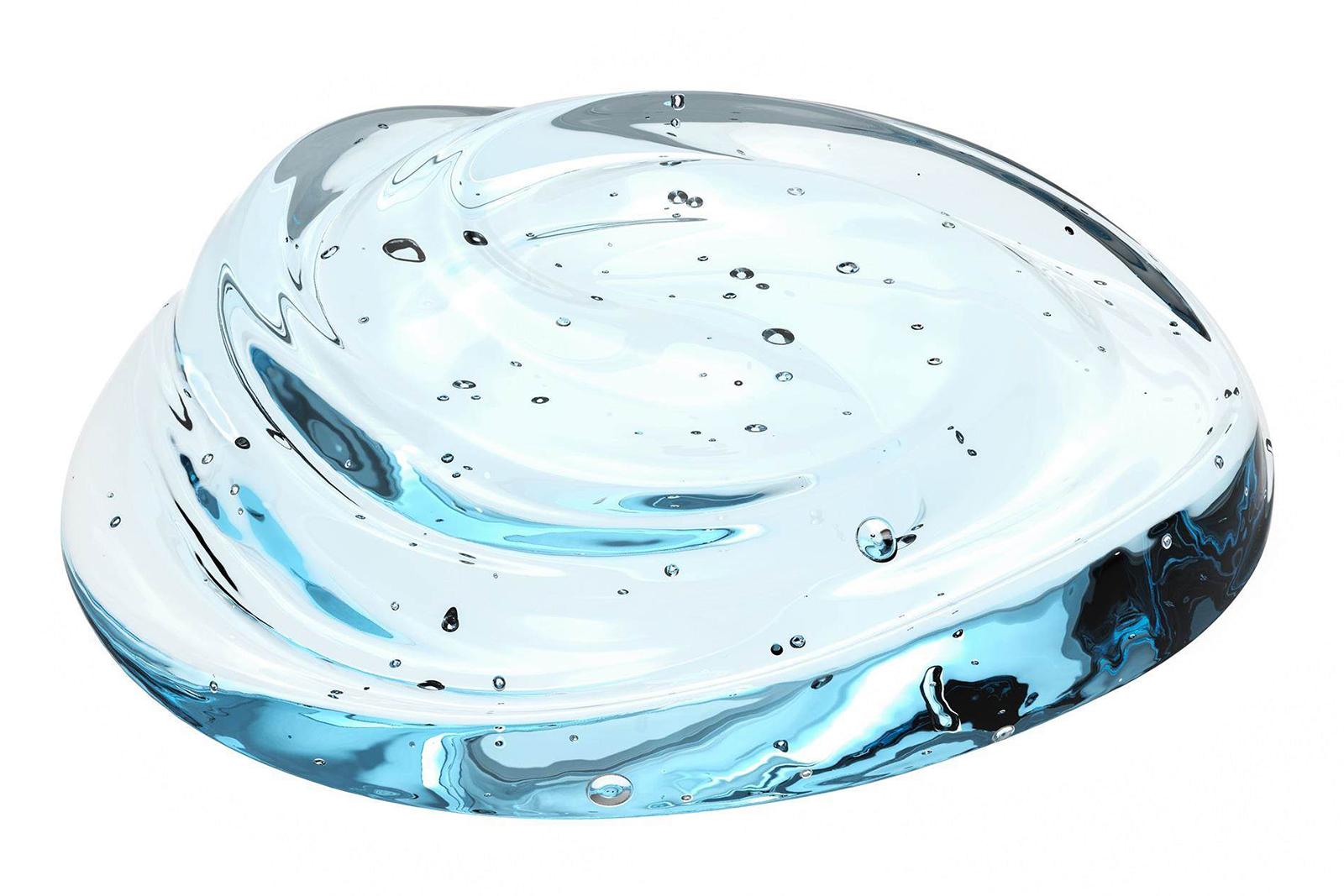Scale Treatment Additives
Why use acid all the time when alternative chemistry is better and less damaging to the environment!! Scale doesn’t have to be a problem, so use the right chemistry…our Scale Inhibitors and Dissolvers.
Description
ASKIN-110 scale preventative is an aminomethylene phosphoric acid scale inhibitor which was developed especially for use in controlling barium sulfate scaling.
Application
It is an excellent inhibitor for control of calcium carbonate deposition and is also useful in inhibiting calcium sulfate deposition. This product inhibits scale formation by both chelation and crystal distortion mechanisms. Successfully applied in squeeze application as well as in continuous type treatments.
Features and Benefits
- High temperature performance
- Effective in a variety of acids
- Inhibits corrosion for various metals
- Functions with all intensifiers
Description
ASKIN-120 scale inhibitor is a phosphonate type scale inhibitor and is especially recommended for control of barium and strontium sulphate deposition. It is also very effective against calcium carbonate and calcium sulphate scales.
Application
ASKIN-120 mitigates scale formation by functioning as a crystal distorting agent. It is effective in fresh water and brines.
Features and Benefits
- Effective for common types of mineral scale control
- Very cost effective for specific systems
- Excellent thermal and hydrolytic stability
- Residuals easily monitored
Description
ASKIN-130, solid specialty chemical, safely and efficiently inhibits downhole deposition or tubular damage with slow-releasing and long-lasting chemicals applied to a solid substrate and pumped deep into the formation.
Application
ASKIN-130 is successfully applied in producing oil and gas wells. It allows the chemical treatment to begin before produced fluids reach the sensitive areas where temperature or pressure changes commonly cause flow-assurance and corrosion problems.
Features and Benefits
- Solid substrate has an advantage to produce back at low constant rates
- Slow Desorption
- Allows combining two or more products to solve multiple problems simultaneously
- Substrate is inert and is not sensitive to any chemical that is absorbed onto the substrate
- Active chemical systems include scale, paraffin, asphaltene, salt and corrosion inhibitors as well as biocides


